
The company recently announced positive topline results from its phase 3 study in patients with MG and initial data from its phase 2b study in patients with CIDP, both assessing batoclimab.

Isabella Ciccone, Content Associate, NeurologyLive®, has been with the team since September 2022. Follow her on X @iciccone7 or email her at [email protected]

The company recently announced positive topline results from its phase 3 study in patients with MG and initial data from its phase 2b study in patients with CIDP, both assessing batoclimab.

The design of a phase 2 trial to investigate the potential of satralizumab in boys with Duchenne muscular dystrophy was recently presented at the 2025 MDA Clinical & Scientific Conference.

The phase 3b STRENGTH study reported that a single dose of OAV101IT was well tolerated in treatment-experienced patients with spinal muscular atrophy, with motor function stabilizing over 52 weeks.

Real-world findings from the RESTORE registry presented at the 2025 MDA conference confirmed the established safety profile of onasemnogene abeparvovec over a 5-year period.

Long-term follow-up data from an early-phase study of an AAV8-based gene therapy for DMD suggest the treatment was well-tolerated and provided sustained biochemical and functional benefits.

Alpha Cognition has officially launched its new treatment for mild to moderate Alzheimer disease, with a focus on expanding patient access in the long-term care market.

Findings from the phase 2 FIGHT DMD trial suggest an investigational oral thromboxane prostanoid receptor antagonist may preserve heart function in patients with DMD-associated cardiomyopathy.

A recent study shows that eteplirsen, a drug promoting dystrophin production, significantly slowed the decline in heart function, specifically left ventricular ejection fraction, in patients with Duchenne muscular dystrophy.
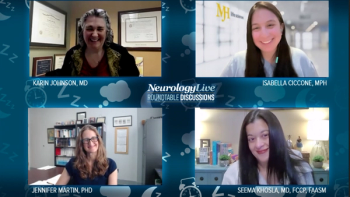
Experts in sleep medicine discuss the detrimental effects of daylight saving time on sleep, health, and public safety, advocating for the adoption of permanent standard time. [WATCH TIME: 5 minutes]

Experts discussed the negative health and societal effects of daylight saving time, advocating for a permanent switch to standard time to improve sleep, well-being, and productivity. [WATCH TIME: 6 minutes]

Experts discussed the biological misalignment caused by daylight saving time, emphasizing its negative effects on sleep, particularly in adolescents, and advocating for a shift to standard time to better align with natural circadian rhythms. [WATCH TIME: 6 minutes]

Experts discussed the effects of daylight saving time on sleep patterns, cognitive function, mood, and overall health, highlighting challenges and adaptation strategies. [WATCH TIME: 6 minutes]

Experts discussed how daylight saving time affects sleep patterns, particularly in individuals with insomnia and other sleep disorders, highlighting the challenges of adaptation and the risks of chronic sleep loss. [WATCH TIME: 5 minutes]

Findings from a recently published large-scale analysis highlighted the high burden of cognitive impairment among veterans with both migraine and TBI.
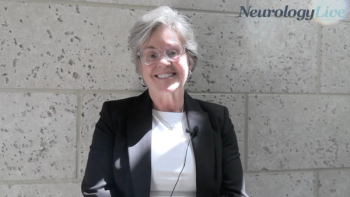
The interim chief executive officer at the Consortium of Multiple Sclerosis Centers invites healthcare professionals to the Consortium’s annual meeting from May 28–31 in Phoenix, Arizona. [WATCH TIME: 2 minutes]

Participants who received the new batch of capsules during the extension phase experienced a lower incidence of falls compared with those taking the old capsules or placebo.
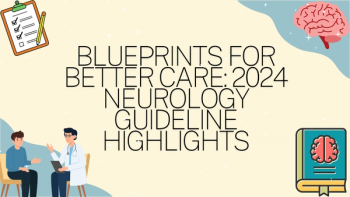
Explore the key 2024 neurology guideline updates shaping clinical care across stroke, epilepsy, movement disorders, and more in this essential feature.

The professor of neurology at Northwestern University Feinberg School of Medicine discussed the NSD-ISS and its potential to refine PD diagnosis and clinical trial selection through biomarker-driven staging.
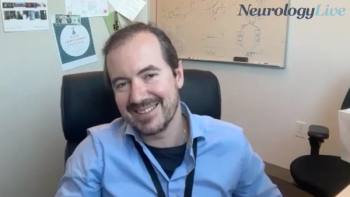
The associate researcher at the University of California, San Francisco discussed a refined EAE model that could better replicate MS pathology, enabling deeper insights into demyelination, neuronal loss, and remyelination. [WATCH TIME: 6 minutes]
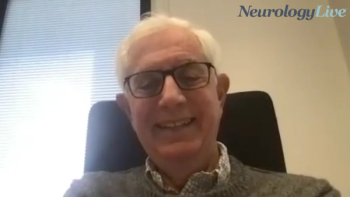
The professor of neurology and neurosurgery at McGill University discussed the evolving understanding of neuroimmune interactions in MS, highlighting how these interactions contribute to disease progression and potential repair mechanisms. [WATCH TIME: 4 minutes]
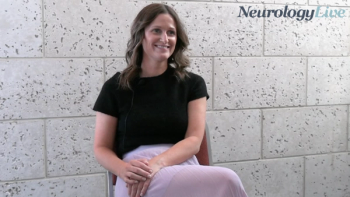
The assistant professor in the department of neurology at Mount Sinai talked about a recent study that highlighted how socioeconomic status and diet could significantly impact physical and cognitive outcomes in patients with MS. [WATCH TIME: 2 minutes]
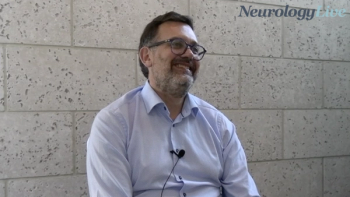
The professor of neurology at University of Colorado School of Medicine discussed the evolving landscape of MS treatment, highlighting the role of personalized medicine and biomarker-driven decision-making. [WATCH TIME: 5 minutes]

Catch up on any of the neurology news headlines you may have missed over the course of February 2025, compiled all into one place by the NeurologyLive® team.
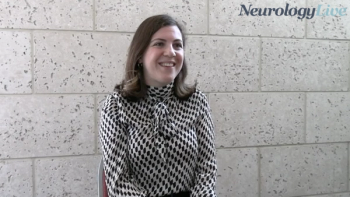
The instructor in the department of radiology at Weill Cornell Medicine discussed how structural and functional brain connectomes can potentially improve predictions of MS progression and treatment response. [WATCH TIME: 4 minutes]

A post-hoc analysis of patients from the CHAMPION-NMOSD trial revealed that the majority received their initial meningococcal vaccination within 6-months of their last rituximab dose.
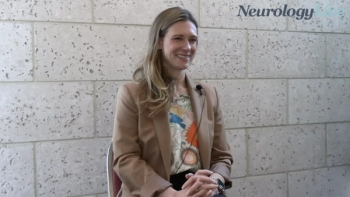
The professor of neurosurgery and physiology at University of Colorado School of Medicine talked about how vagus nerve stimulation may promote remyelination and functional recovery in multiple sclerosis. [WATCH TIME: 4 minutes]

A late-breaking study presented at the 2025 ACTRIMS Forum reported that a modified Atkins diet reduced inflammation and altered immune cell metabolism in multiple sclerosis.
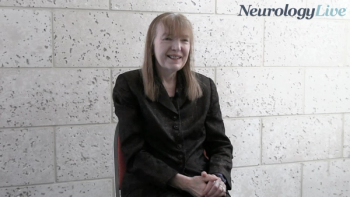
At the 2025 ACTRIMS Forum, the director of the MS Comprehensive Care Center at Stony Brook Medicine discussed the evolution of high-efficacy treatments for MS. [WATCH TIME: 4 minutes]
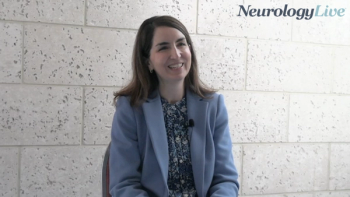
At the 2025 ACTRIMS Forum, the system chief of neuroimmunology and multiple sclerosis at OhioHealth discussed the need for better tools to detect MS progression. [WATCH TIME: 3 minutes]
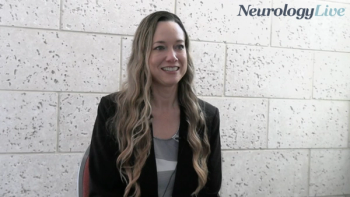
The director of the MS and Demyelinating Disease Center at Texas Tech University Health Sciences Center talked about early diagnosis, timely treatment, and minimizing therapy transition gaps to prevent severe disability in patients with NMOSD. [WATCH TIME: 4 minutes]